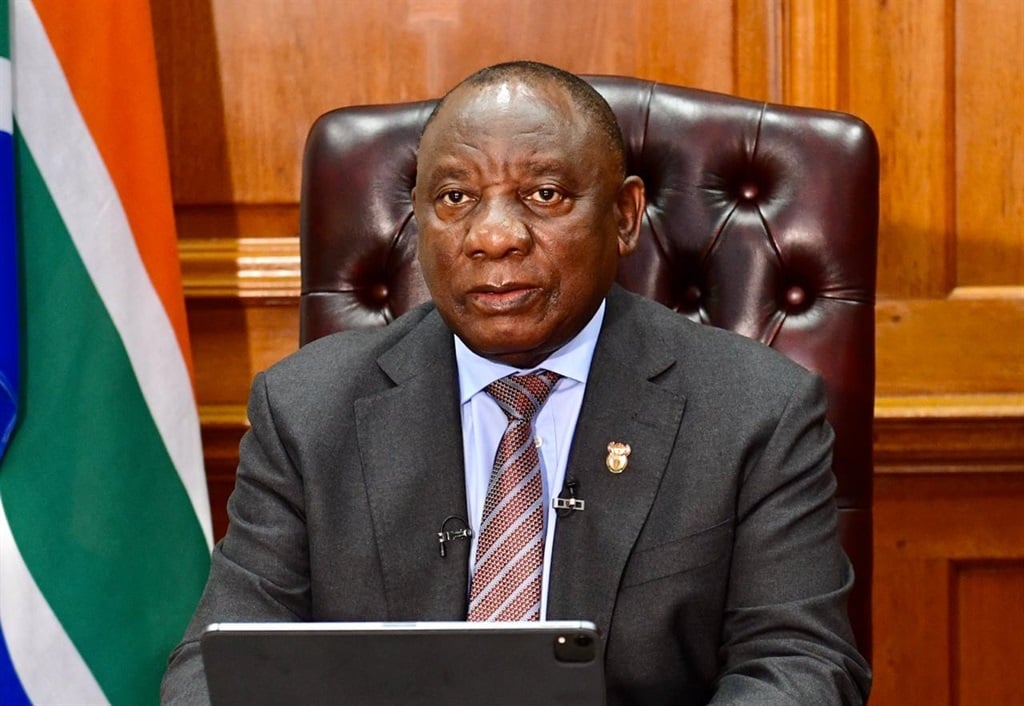News24.com | All alcohol sales back to normal, except for curfew hours, Ramaphosa announces


President Cyril Ramaphosa (Image: GCIS)
- With the move to Level 1 of the lockdown, alcohol can now be sold according to normal liquor license provisions.
- The only exception for sales is during new curfew hours of midnight to 04:00.
- President Cyril Ramaphosa said the move meant that most of the remaining restrictions on economic activity have been removed.
The sale of alcohol will be back to normal, President Cyril Ramaphosa said on Sunday night, after announcing that SA has moved to Level 1 of the Covid-19 lockdown.
“The sale of alcohol will be permitted, according to normal licence provisions. However, no alcohol may be sold during the hours of curfew,” he said.
Ramaphosa announced in his address to the nation that the new curfew hours are from midnight to 04:00.
When the third ban was lifted at the beginning of February, the sale of alcohol was allowed only for off-site consumption from Mondays to Thursdays, from 10:00 to 18:00.
The bans, which began with the hard lockdown last year, have been a source of contention for consumers, producers and traders. Government justified its decision to halt alcohol sales as a means to prevent an influx of trauma cases at hospitals and to have beds available for Covid-19 patients.
Fin24 previously reported that a report by advisory firm FTI Consulting estimated that the industry lost R36.3 billion in retail sales revenues in the on-again-off-again liquor bans. It is also estimated to have resulted in job losses for 200 000 people across the formal and informal sectors.
All energy towards economic growth
Ramaphosa said the move to Level 1 meant most of the remaining restrictions on economic activity have been removed.
“We expect this to lead to higher consumption spending, bolstered by the steady recovery in employment. We expect businesses to implement the plans they may have put on hold.”
He said all energy and effort must now go to towards economic growth.
“We must do this to restore our country… and get people back into work,” he said. “Even as economic activity returns, even as we roll out our employment stimulus and infrastructure investment programmes, even as we undertake economic reforms with greater urgency, many businesses are still struggling.”
He said the easing of restrictions should not be viewed as a reason to abandon precautions.
“The threat of a third wave is constantly present, as is the threat of yet more new variants.”